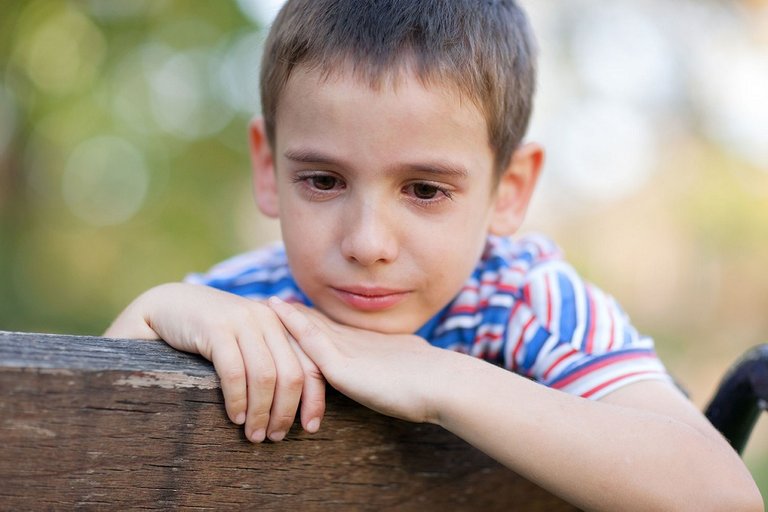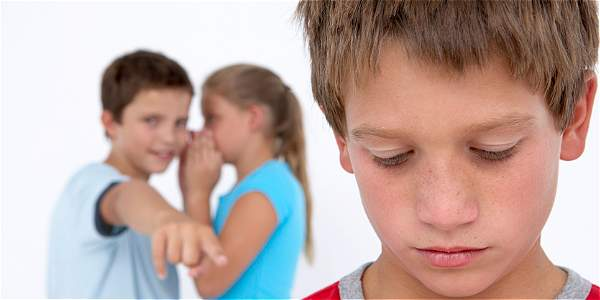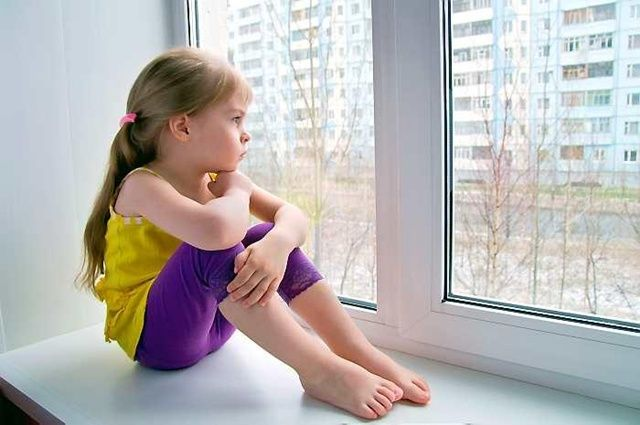In past decades, mental health at a young age was a subject that was not contemplated. However, at present, there are psychological resources to help children develop excellent emotional well-being.

Mental health is the state of psychological well-being that a person can have. That state depends, to a large extent, on the relationships we have with the world around us, and especially with our family, teachers, and classmates. In the case of children's mental health, it is intimately related to their social and emotional development. Any cause that disturbs this development is the reason to pay attention to it.
It is often easier to detect physical needs such as hunger, thirst, and cold than emotional needs because children do not understand what happens to them and do not know how to express it. For this reason, it is very difficult to identify when a child does not enjoy healthy mental health.
Factors that contribute to altering the child's mental health
• Abuse or neglect.
• Be a victim of bullying.
• Family problems, such as a divorce or the death of a loved one.
• Exhibition of Family Violence.
• Conflicts related to extreme poverty.
• Genetic factors or psychological illnesses, psychiatric disorders or mental illness.
• Natural disasters that have disturbed the family.
• Inadaptation at school.
• Not receiving love or love from their parents.
• Being subjected to continuous stress.
• Exposure to lead, mercury or any toxic substance.
• Being hospitalized for a long period of time due to illness.

All of these conditions can affect a child's mental health. Although there are children who go through some of these situations and have sufficient resources to channel their emotions and continue their normal development without interfering with their day today. However, there are children who, faced with a situation like the one described above, their mental state shudders and when the symptoms begin to manifest themselves, the educator or the parents must be aware that something is happening in the child.
Symptoms that alert about a mental problem
The symptoms help us visualize that something is not right in the child, so we should be alert to any of these circumstances:
• Does not have the interest to socialize with other people in their environment.
• Retires and does not establish positive relationships with other children.
• Has alterations in sleep and food.
• You do not have the curiosity to learn.
• Does not draw attention to explore the environment in which it is located.
• It is difficult for her to express her emotions of affection.
• Manifest a challenging and aggressive behavior and does not regulate their negative emotions.
• Self-injury continuously.
• Constantly shows feelings of sadness.
• Go anxious and worried most of the time.
• Complaints of headaches, stomach or any pain in the body.
• Shows common behaviors of a minor such as urinary incontinence in bed.

The important thing is to observe the child who continually shows some of these symptoms in the environment where it operates, either at home or at school. If the educator is sure that the child has some repetitive indicator in the classes, it is important to communicate this situation to the parents, so that they can be attended quickly by a health professional.
Likewise, it is a priority for the teacher or caregiver to maintain open communication with the child and ask continued questions about: How does it feel? What would you like to change? If, on the other hand, the adult or the teacher prefers not to intervene and decides not to do anything about it, it will have negative consequences for the future of this child who suffers in silence and deserves to live fully.
Many parents prefer to deny the existence that something is not normal with their child, for fear of what they will say or that their child is labeled and separated from the rest, that is, they refuse to see a tangible reality. For this type of case, it is recommended that the parents make the decision to take the child to a specialist, who can help the growth not only of the child but also of the parents.
For you, parents, it is important to take into account the responsibility of having a child that enjoys good mental health, only if as adults we manage to give our children:
• Love, affection, attention, and consolation.
• A safe place to live.
• Quality time to relax, play and communicate with them.
• Provide the right amount of healthy foods.
• Apply discipline that is firm but not severe.
• Be interested in your feelings.
Only in this way will we achieve safer children, who can cope comfortably and without fear in a hostile society. Similarly, there will be children who are interested in the welfare of other people, who treat their classmates, the teacher, the elderly and the animals with kindness and respect.
It is necessary to raise awareness in schools so that teachers understand the value of each child in their charge and, above all, understand that if corrective measures are taken on time in a serious situation, happy, mentally healthy and emotional adults will be formed, who will learn to channel their frustrations and disappointments.
Posted from my blog with SteemPress : http://lmrey.vornix.blog/2018/08/29/what-threatens-mental-health-in-children/

It is true that people don´t give the same importance to mental health as they do with physical illness, it is really underestimated. Nice post, really educative